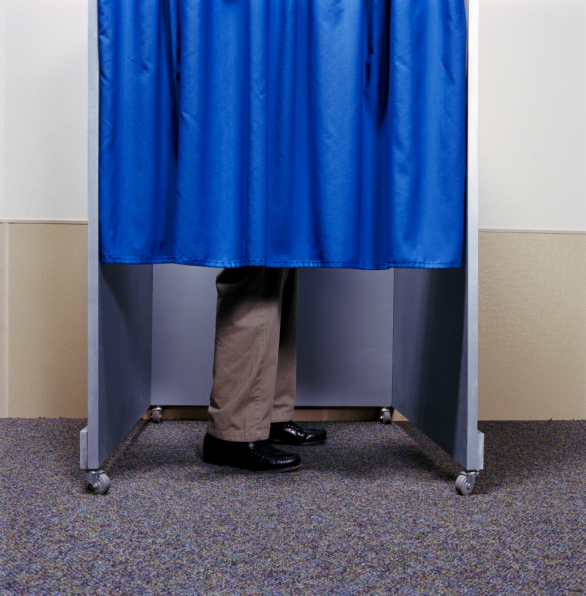Why Conservative Republicans Aren't Important
Yesterday, Rick Santorum skated to victory in the Minnesota and Colorado caucuses and a non-binding primary in Missouri, thumping Mitt Romney. In fact, in Minnesota — a state Romney won in 2008 — the former Massachusetts governor finished an embarrassing third, behind Santorum and Ron Paul. It’s just another sign that Republican voters are still rebelling against the presidential nomination of Mitt Romney. Whatever the reason — too wooden, too moderate, too Mormon, too much of a flip-flopper — the GOP still doesn’t love him. Or even, it seems, like him very much.
Caucuses, though, only attract the most hardcore of voters: Instead of pulling some levers or punching some buttons, you need to go to a public place and actually confer with your neighbors on whom to select. That’s a pretty self-selecting group of people that doesn’t look much like the average voter. And Romney’s campaign war chest, friendly super PACs, and his superior organization mean that he’s still the odds-on favorite to win. The question is: To win the Republican nomination, will Romney need to stake out more conservative positions, thereby alienating independent voters?
Although constantly hyped in the media, independent voters are still the key to winning the general election. A Gallup poll from January show the following breakdowns of American voters:
Republicans: 27 percent
Independents: 42 percent
Democrats: 30 percent
The majority of those so-called “independent” voters, though, generally have a preferred party. With these “leaners” counted, the parties look more like this:
Republicans: 44 percent
Independents: 8 percent
Democrats: 47 percent
That 8 percent of American voters will decide the election. The good sign for Romney: Only 37 percent of independent voters approve of Barack Obama’s job performance. The bad sign for Romney: Only 19 percent of independent voters have a favorable opinion of him. That’s the race he’s rightly concerned about.



